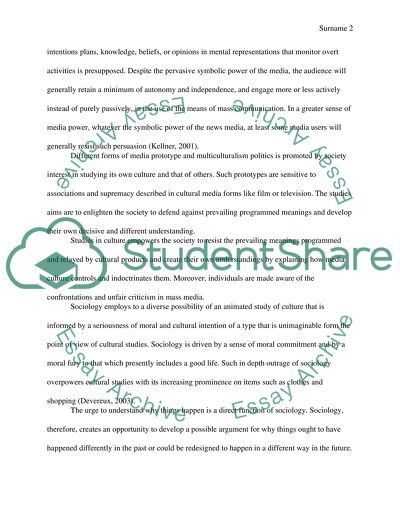Cite this document
(“Sociological and Culturalist Accounts Essay Example | Topics and Well Written Essays - 2750 words”, n.d.)
Sociological and Culturalist Accounts Essay Example | Topics and Well Written Essays - 2750 words. Retrieved from https://studentshare.org/journalism-communication/1615934-sociological-and-culturalist-accounts
Sociological and Culturalist Accounts Essay Example | Topics and Well Written Essays - 2750 words. Retrieved from https://studentshare.org/journalism-communication/1615934-sociological-and-culturalist-accounts
(Sociological and Culturalist Accounts Essay Example | Topics and Well Written Essays - 2750 Words)
Sociological and Culturalist Accounts Essay Example | Topics and Well Written Essays - 2750 Words. https://studentshare.org/journalism-communication/1615934-sociological-and-culturalist-accounts.
Sociological and Culturalist Accounts Essay Example | Topics and Well Written Essays - 2750 Words. https://studentshare.org/journalism-communication/1615934-sociological-and-culturalist-accounts.
“Sociological and Culturalist Accounts Essay Example | Topics and Well Written Essays - 2750 Words”, n.d. https://studentshare.org/journalism-communication/1615934-sociological-and-culturalist-accounts.


